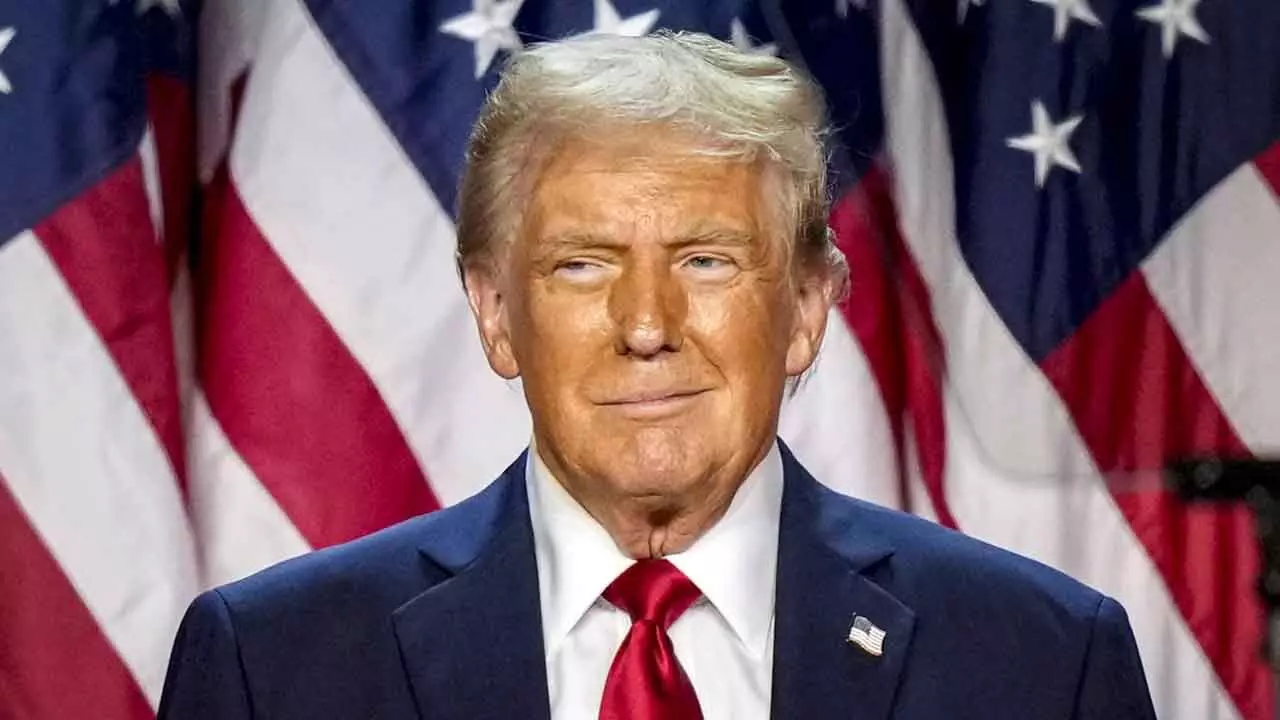Time The World Unites And Puts Brakes On The Trump Storm
Time The World Unites And Puts Brakes On The Trump Storm

Donald Trump’s outrageous statements and dramatic decisions have rattled the world. The most consequential of them has been to freeze many US aid and development programs. In Africa alone, the country has been funding lifesaving malaria prevention efforts and HIV/AIDS. Another shocker has been Trump’s decision to pull the United States out of the Paris Agreement on climate change. Je tried to bully Mexico and Canada with threats of a 25 per cent tax on all imports from the two trading partners. He has also imposed a 10 per cent tariff on all Chinese imports coming into the US. And then there are his utterances against Ukraine, Gaza and Panama. The way he treated his Ukrainian counterpart Volodymyr Zelensky in the White House has understandably caused widespread dismay around the world. When it comes to Russia, and potentially China, there has been speculation that Trump is adopting a geopolitical approach with parallels to the “great game” of the 19th century. The “great game” is another way of saying imperialism, which, perhaps, describes the American foreign policy in general and the second Trump administration in particular.
There is certainly a cruelty-ridden vengeful approach in Trump’s mindset, a trait that is being taken forward by Musk’s DOGE project. However, whether it is useful to call the second Trump administration fascist or just fascistic for now, is a complex question within scholarly circles. Five weeks into the second innings, most destructive ideas that were laid out in the unofficial campaign manifesto Project 2025 are being put into practice by the Trump administration. It has been a long-term dream of many hardline conservatives to cut America’s foreign aid and development programs, which is now happening at a frightening pace. The world is rapidly changing, and the United States finds itself in a global competition against near-peer adversaries, chief among them being China and Russia. These authoritarian regimes are waging a relentless campaign to expand their influence, undermine Western institutions, and thereby reshape the global order so as to suit their own authoritarian models. They understand that power is not only measured in tanks, ships, and missiles but also in terms of influence and perception. The US must effectively deploy both hard power and soft power.
Hard power—our military capabilities—requires political will and material strength to deter aggression and defend our interests. Over the past several weeks, we have seen events of world-historical proportions. The United States has switched sides. It was for long the anchor of global democracy, and while its foreign policy sometimes did not honour its own values and principles, it was nevertheless a pro-democratic power that was deeply committed to protecting its democratic allies. The key now is that other world leaders, especially allies — or, tragically, perhaps former allies — need to understand that they can no longer depend on American security guarantees as long as Trump is in office, a fact that he has made abundantly clear. And the more quickly they realize this and adjust their own defence postures and spending and their own relations with each other to accommodate that reality, the better for them and for the world. For that to transpire, we’ll have to see if Europe has leaders with proven mettle.

